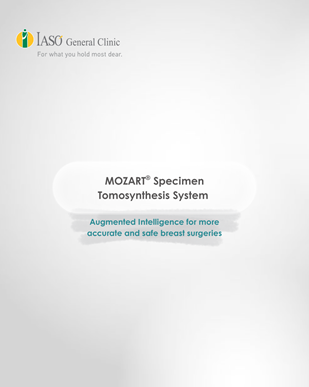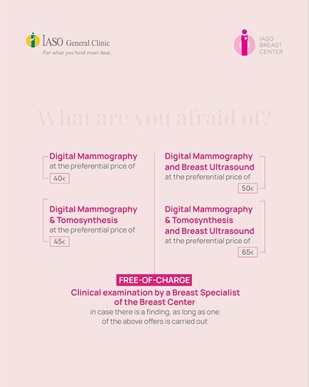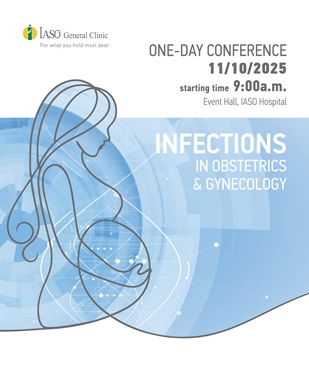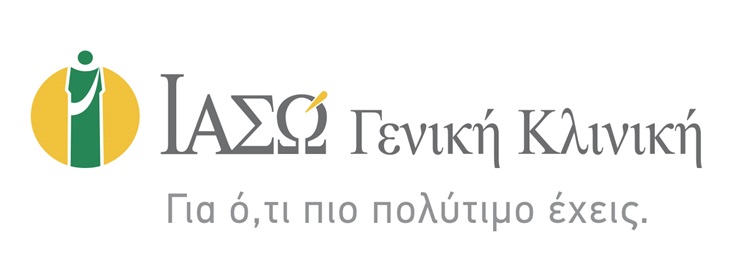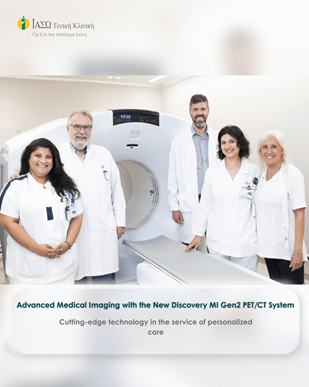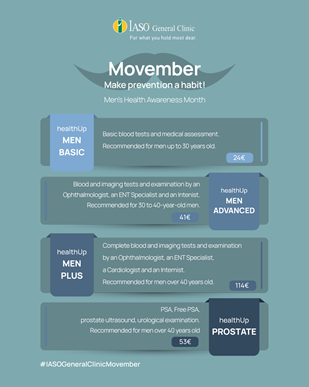
Center for early diagnosis and treatment of memory disorders
Outpatient Department
I’m worried I’ll start forgetting as I get old
As people grow older, it is normal for them to experience some impairment in their memory and other cognitive functions, such as attention, concentration, speech and orientation. After the age of 60, the process often accelerates and complaints about weak memory, poor concentration or foggy mind start. Especially when there are cardiovascular conditions, diabetes, chronic respiratory or oncologic problems present, the cognitive difficulties may even start at a younger age.
Contact a special memory clinic when you:
- Forget recent events and information
- Repeat the same questions
- Get confused with arithmetic operations or daily activities that seemed simple in the past
- Cannot absorb new knowledge, even if given simple instructions
- Lose your bearings
- Show behavioral changes towards your familiar environment
- Have difficulty speaking, writing or reading
- Have a family history of dementia, especially if disease onset is before the age of 70
- Have another neurological condition that may also affect your cognitive functions (e.g. Parkinson's disease, multiple sclerosis, stroke, head injuries, epileptic seizures)
From middle age onwards, even if the symptoms are not worrisome, it is useful to have a comprehensive, dedicated annual cognitive function check-up. This check-up helps you monitor your cognitive progress over time.
What tests are performed at the Memory Disorder Prevention Center
The dedicated tests performed at the IASO General Clinic Memory Disorder Prevention Center to assess your memory and cognitive functions include:
- Medical history and complete neurological physical examination.
- Special cognitive tests that assess your brain functionality in areas such as memory, attention, perception and information processing speed.
- Special biochemical tests (through a blood test) and special genetic testing (through a blood test) in case of family history of dementia.
- Imaging scans, with an MRI of anatomical and functional brain structures linked to cognitive functions, and an MRA of the neck and brain to check the vessels. The exam is performed in a high-resolution 3-Tesla MRI device and is assessed by a Neuroradiology specialist.
- If further investigation is necessary, lumbar puncture and analysis of molecular biomarkers in the cerebrospinal fluid are performed.
Once these exams are concluded, the final diagnosis is made and the future treatment approach for the patient is determined, with regular follow-ups by a Neurologist. Counseling is also offered to relatives and carers.
The Outpatient Adult Neurology Department of IASO General Clinic, based in Athens, operates by telephone appointment and on an emergency basis, if possible. Call us for more information or view all available Outpatient Departments here.
Contact phone numbers:
Operating hours:
- Monday to Friday, 09:00 – 15:00





